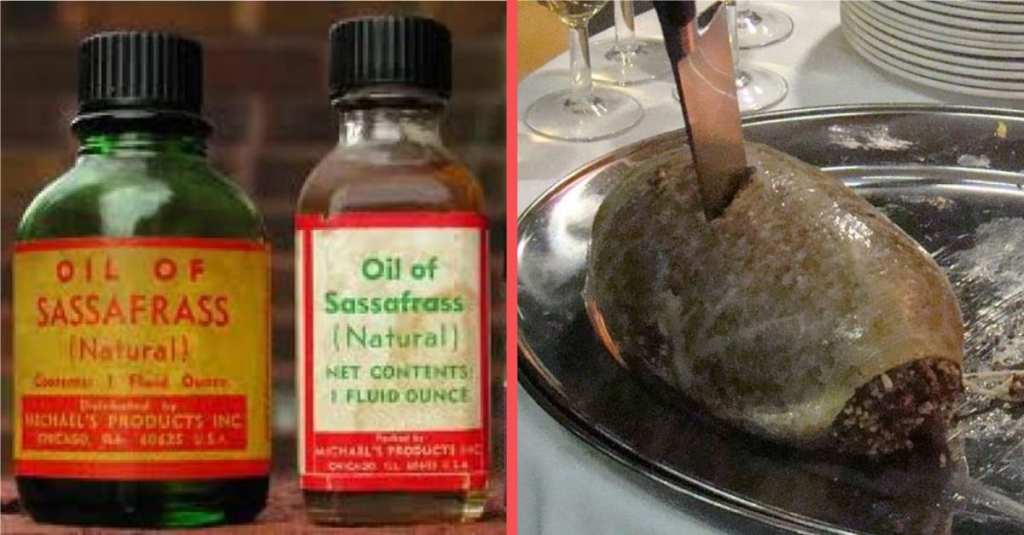Trending Now
What’s considered a delicacy in some countries can actually be downright illegal in the United States.
That’s just the nature of the business when it comes to food and the law. Whether it be for animal protection purposes or for health and safety reasons, some foods that are legal in other countries are a complete no-no here in the US.
Let’s take a look at 10 foods that are surprising illegal in America.
1. Unpasteurized milk
Photo Credit: Pexels
Raw milk may have been consumed in some places, but it is illegal to sell unpasteurized milk in 21 states.
When milk is not pasteurized, it will still contain bacteria. According to the FDA, raw milk is 150 times more likely to cause foodborne illness than pasteurized dairy products.
2. Ortolan

The ortolan is an extremely small European bird, and cannot be consumed in a number of countries, including the United States and France.
Why? Well, the bird is considered a delicacy due to a particularly cruel method of preparation we won’t get into here. And because of that, from 1997 to 2007 the ortolan species experienced a 30 percent population dip due to poaching.
That makes them a no-go when it comes to your poultry choices.
3. Sea turtle

Photo Credit: Pexels
First off, it seems criminal in its own right to even consider eating a sea turtle.
Thankfully, it’s illegal to eat them because they are endangered. You are not allowed to import them for any purpose, including as food.
4. Sassafras oil
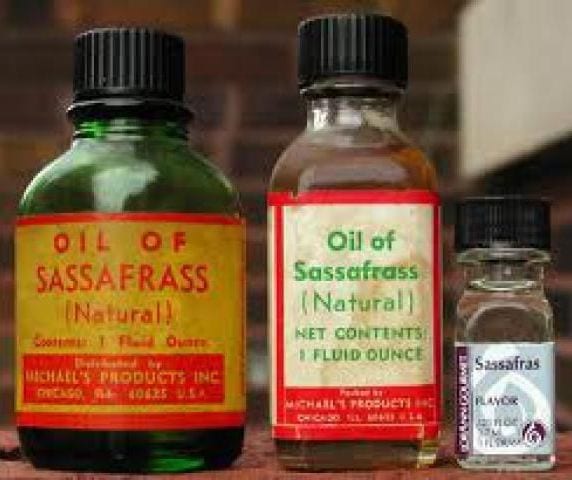
Photo Credit: Wikimedia
The FDA banned sassafras oil in 1960. Previously, it had been used as a common ingredient in root beer.
However, with concerns about its main constituent, safrole, causes cancer AND is used as the precursor for ecstasy production (MDMA), the FDA made sure no more products will ever feature sassafras oil again.
5. Shark fins

Photo Credit: Unsplash
Shark fin soup happens to be quite a popular dish in China.
While some people in the U.S. indulge in this delicacy, they must abide by certain rules.
The practice of finning—which involves catching sharks to remove their fins and throw them back in the waterùis illegal in 11 states.
6. Beluga caviar
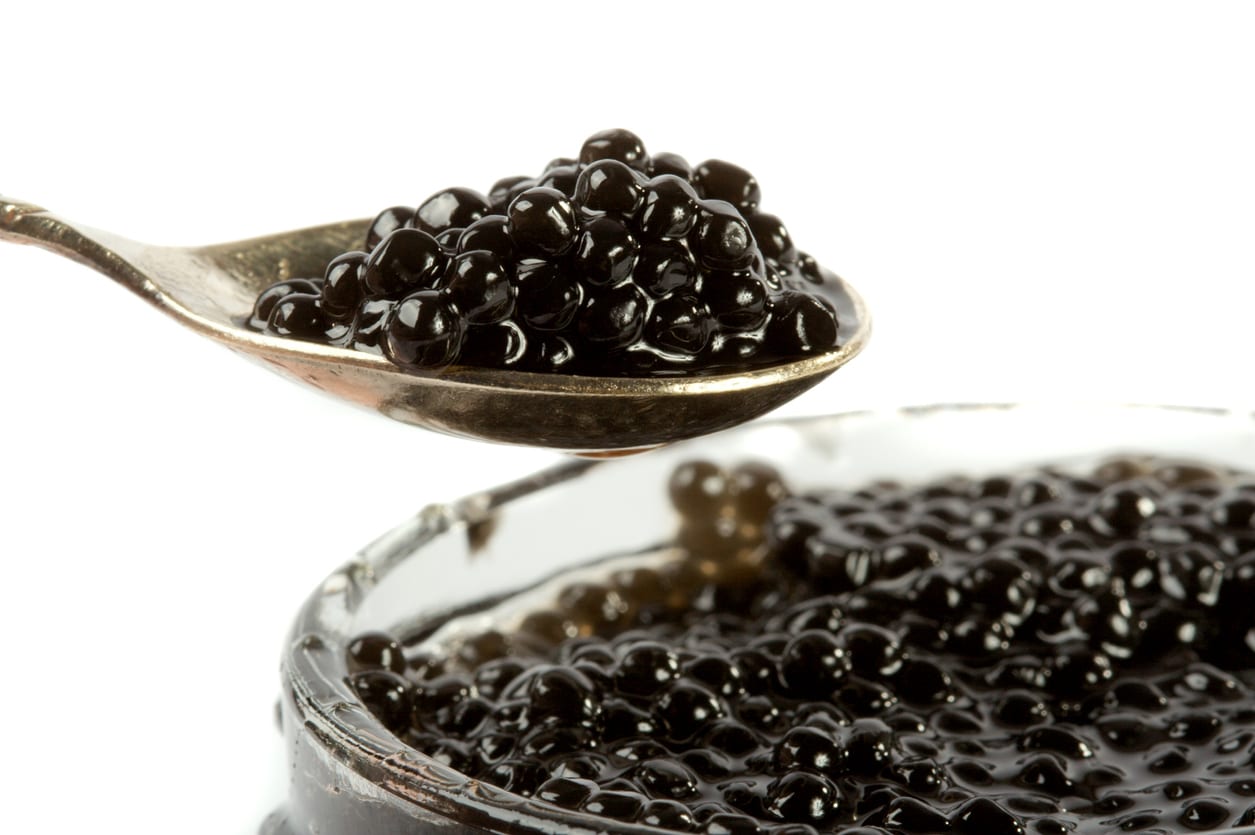
Photo Credit: iStock
Caviar certainly is an acquired taste. Just don’t plan on ever trying beluga caviar.
Importing beluga caviar became illegal in 2005 due to the Beluga sturgeon population’s endangered status.
7. Horse meat

Photo Credit: Pexels
You’d think it’s take a special person to even consider consuming horse meat, but, in actuality, eating horse meat is fairly common in other parts of the world. In fact, it’s been said it tastes exactly like beef.
However, importing horse meat and utilizing horse slaughterhouses are both illegal in the United States.
Probably for the best.
8. Ackee
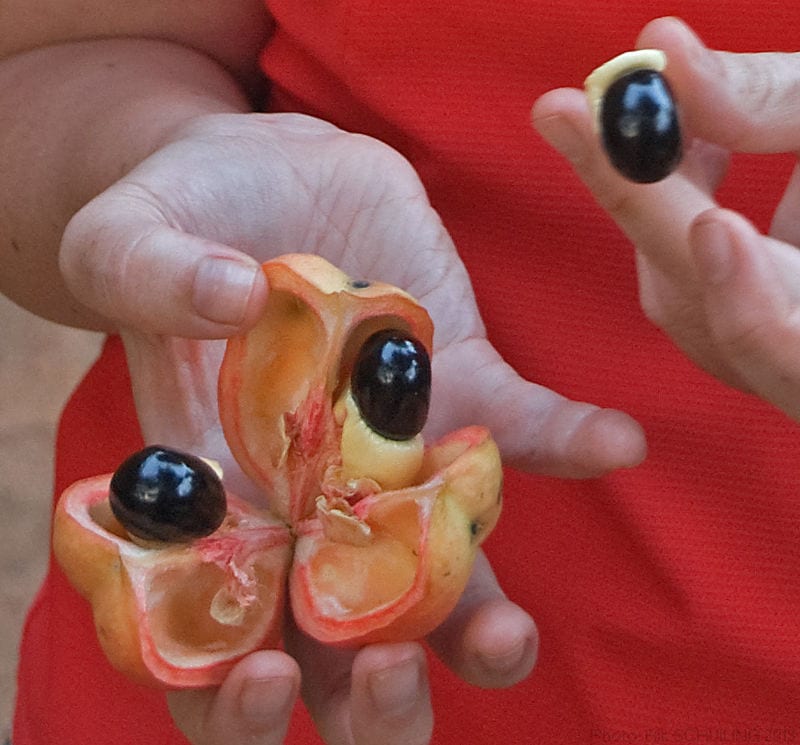
Photo Credit: Wikimedia
This West African fruit also happens to be the national fruit of Jamaica.
You won’t be able to enjoy its tasty goodness in the United States, though.
It’s illegal to import ackee because it can contain potentially fatal toxins if not ripened correctly.
9. Redfish
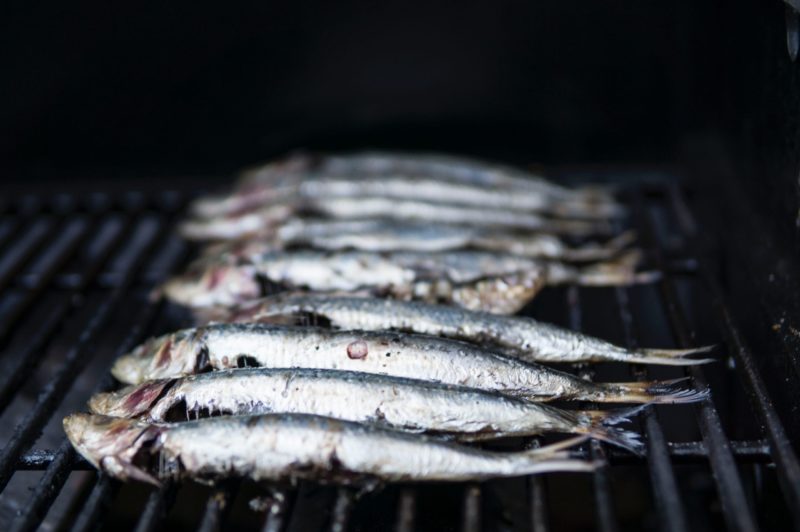
Photo Credit: Pexels
New Orleans chef Paul Prudhomme put redfish on the map with a signature dishing featuring this fish.
That actually turned led to a major problem of overfishing.
Still, it’s not illegal to sell redfish in every state except Mississippi.
10. Haggis

Photo Credit: Wikimedia
Good luck trying to find the stomach to take down haggis, which consists of…
“sheep’s pluck (heart, liver, and lungs), minced with onion, oatmeal, suet, spices, and salt, mixed with stock, and cooked while traditionally encased in the animal’s stomach.”
Just by its look alone, it looks like a difficult dish to handle. Luckily, you won’t see it on a menu anytime soon.
The USDA banned foods containing sheep lungs in 1971, which makes haggis a no-go here in America.
Is there a strange food that you like that should be considered illegal? What’s the strangest food you’ve ever tried? Tell us your food story in the comments below!

